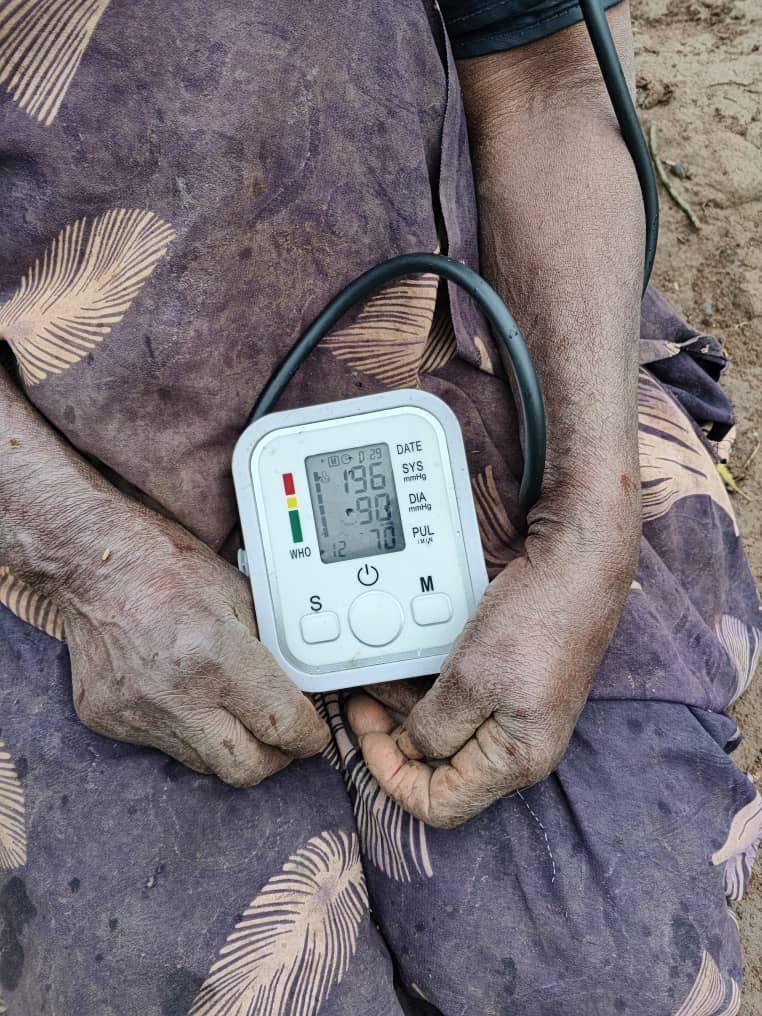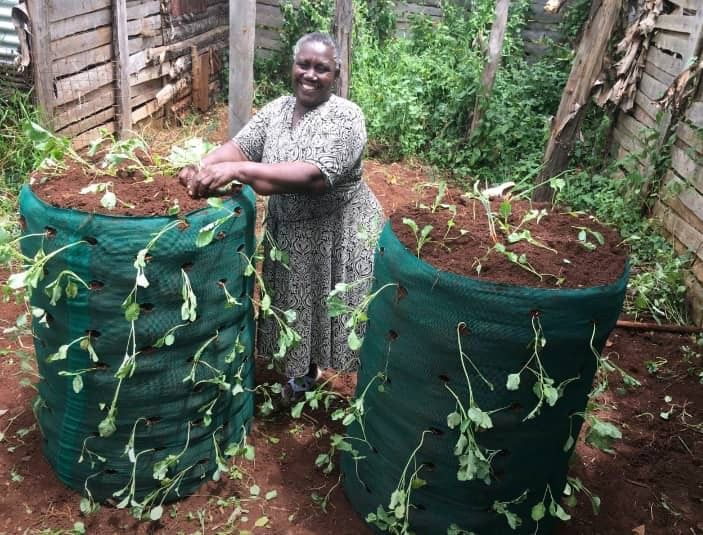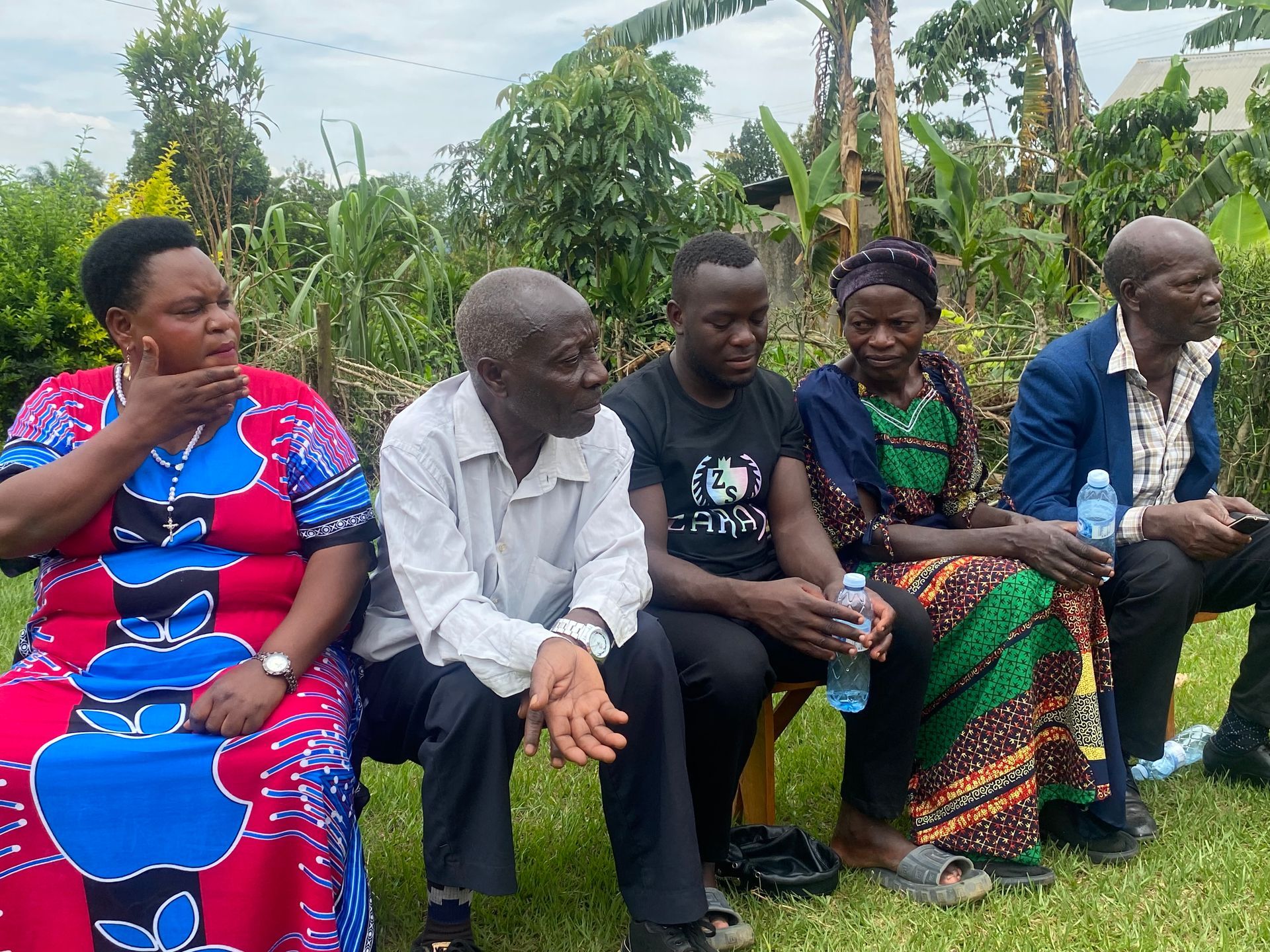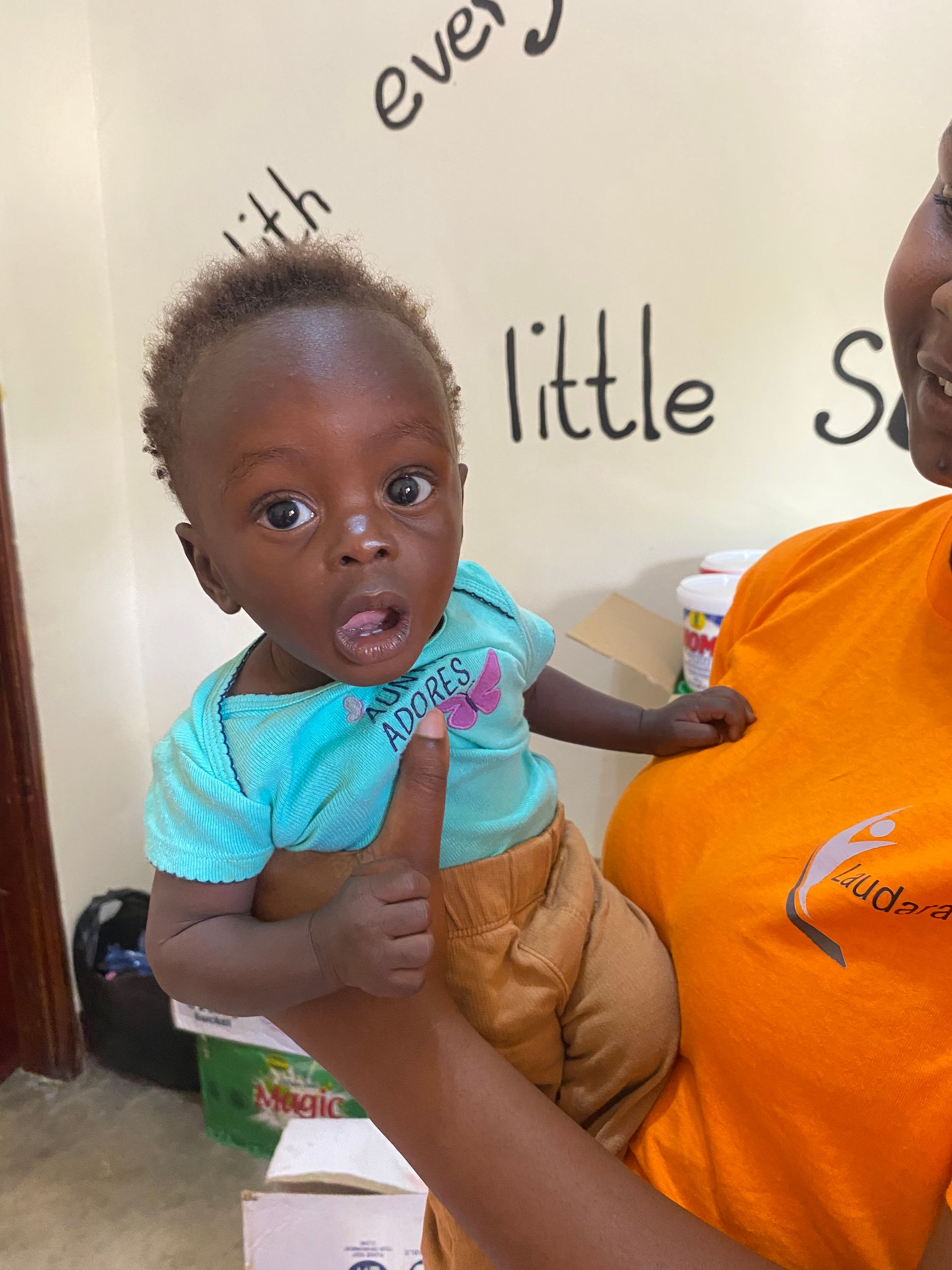Decline in Literacy in Thailand
The importance of reading for fun
Thailand, once praised for its robust educational advancements, now faces an alarming decline in literacy rates, particularly among its primary school students. According to recent statistics, literacy levels have dipped, with fewer children meeting the expected reading proficiency standards. This decline raises concerns about the efficacy of Thailand's primary education system and the long-term socio-economic impact on the nation's youth.
According to research findings by Mr. Koji Miyamoto, Senior Economist at the World Bank, almost two-thirds or 64.7 percent of the youth and adult population in Thailand are below the threshold level of literacy skills, meaning they are unable to read and understand short passages to solve simple problems, such as following a medicine label.
Regarding the reading ability of Thai students, the PISA 2015 results revealed that Thailand had a low ranking of 54th out of 70 OECD counties and an overall drop in scores from the 2010 test. There was a sharp decline in reading scores from 441 points in 2010 to 409 points in 2015
Challenges in the Primary Education System
Several factors contribute to the decline in literacy rates in Thai primary schools:
- Curriculum and Teaching Methods: The curriculum in Thai primary schools often emphasizes rote learning over critical thinking and comprehension skills. Traditional teaching methods, which focus on memorization rather than understanding, hinder students' ability to grasp and enjoy reading.
- Lack of Resources: Many schools, especially in rural areas, suffer from a lack of adequate resources. Insufficient libraries, outdated textbooks, and a scarcity of trained teachers all contribute to the poor literacy outcomes.
- Socio-Economic Disparities: Economic disparities play a significant role in educational attainment. Children from low-income families often face additional challenges, including limited access to educational materials and supportive learning environments.
The decline in literacy rates among Thai primary school students is a pressing issue that requires immediate attention. By fostering a love for reading and enhancing the primary education system, Thailand can equip its children with the skills needed to break free from the cycle of poverty and build a brighter future. Reading for fun is not just a pastime; it is a vital component of educational success and personal empowerment.
The Tai Wisdom Association is a child-focused, non-governmental and not-for-profit organisation, specialising in reading-based child development. They have over 20 years of experience and a wide range of expertise in this field. The founder of Laudara, Irene, has been working with this organisation for more than 17 years, and has seen what impact can be made in early childhood, and primary school children. Where a nation is lacking in taking action, ground root projects are able to give children in poor economic area's the tools to achieve their dreams by obtaining the necessary skills to read and a love for reading in general.
Share this post:













